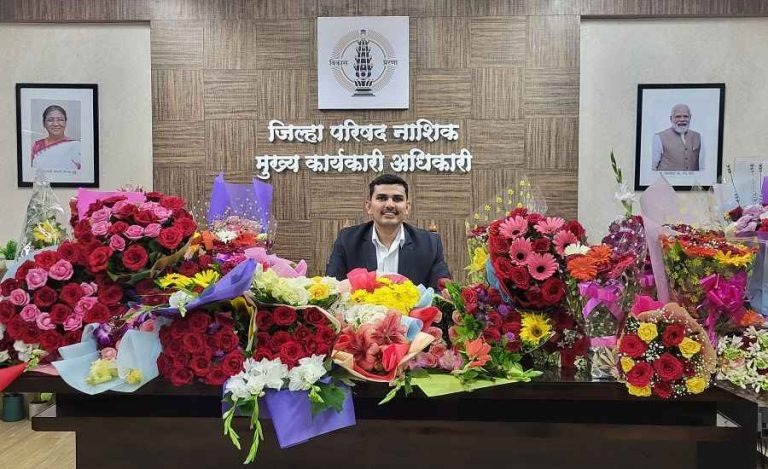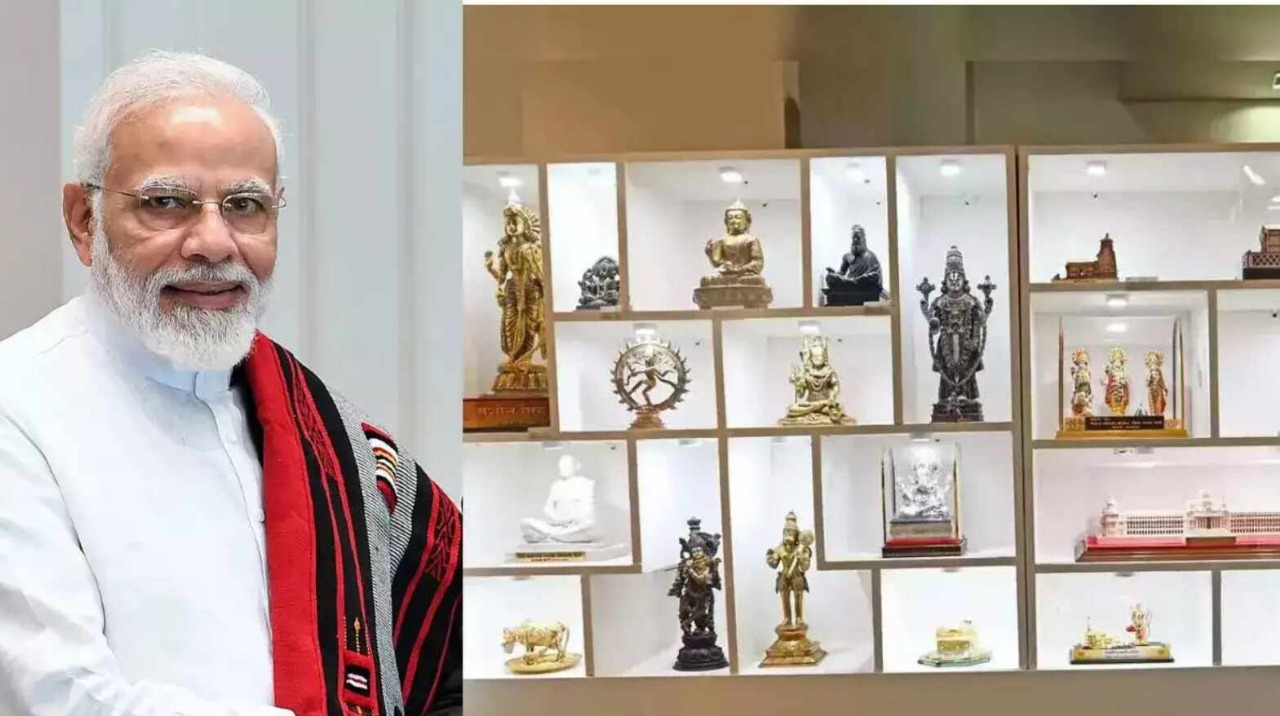 Image Source : Indian Masterminds
Image Source : Indian Masterminds
In a landmark achievement for financial inclusion under the Digital India initiative, CSC e-Governance Services India Ltd has successfully disbursed Rs 3,000 crore in loans to 70,000 underserved borrowers across rural India. The outreach, executed in partnership with Piramal Finance, marks a transformative shift in grassroots credit access, enabling first-time borrowers to secure affordable loans for personal and entrepreneurial needs.
The initiative, which began in July 2023, has scaled rapidly through CSC’s vast network of Village Level Entrepreneurs (VLEs), bringing formal financial services to regions long excluded from mainstream banking. With this milestone, CSC strengthens its role as a digital enabler of inclusive growth, bridging the rural credit gap with sustainable and tech-driven solutions.
Key Highlights From The Loan Outreach
- Total loan disbursal crossed Rs 3,000 crore between July 2023 and August 2025
- Benefited 70,000 borrowers, many accessing formal credit for the first time
- Disbursal growth: Rs 86 crore in FY 2023–24, Rs 1,631 crore in FY 2024–25, Rs 1,300 crore till August 2025
- Loans targeted at small-ticket needs including micro-enterprises, education, and medical emergencies
- Delivered through CSC’s 5.8 lakh VLEs in partnership with Piramal Finance
- Reduced dependence on informal lenders and improved financial literacy
Empowering First-Time Borrowers
A majority of the 70,000 beneficiaries are first-time borrowers from unbanked or underbanked regions. The outreach has enabled access to small-ticket loans with flexible terms, helping individuals fund local businesses, cover healthcare costs, and invest in education. By offering credit at lower interest rates than informal sources, the programme has reduced financial stress and fostered confidence among rural borrowers.
The initiative also includes financial literacy support, helping recipients understand repayment schedules, credit scores, and digital banking tools. This holistic approach ensures long-term financial empowerment beyond the initial loan cycle.
Digital Infrastructure And Delivery Model
CSC’s success lies in its decentralized delivery model powered by VLEs—local entrepreneurs who act as digital service providers in their communities. These VLEs facilitate loan applications, verify documents, and provide doorstep support, making credit access seamless and personalized.
Piramal Finance complements this model with its underwriting expertise and digital loan processing systems. Together, the partnership has created a robust framework for last-mile credit delivery that is scalable, secure, and responsive to local needs.
Impact On Rural Development
The Rs 3,000 crore credit infusion has catalyzed economic activity in remote regions, supporting self-employment, boosting consumption, and stabilizing household incomes. By reducing reliance on exploitative moneylenders, the programme has also improved social resilience and financial dignity.
Key sectors impacted include:
- Agriculture and allied services
- Rural retail and food enterprises
- Home-based manufacturing and tailoring units
- Health and education services
The initiative aligns with national goals of inclusive development, digital empowerment, and poverty reduction, reinforcing the role of technology in transforming rural livelihoods.
Leadership Perspective And Future Plans
Sanjay Kumar Rakesh, MD and CEO of CSC SPV, emphasized that the milestone reflects CSC’s commitment to building a digitally empowered society. He noted that connecting rural citizens with affordable financial services is central to CSC’s mission.
Jagdeep Mallareddy, Chief Business Officer of Piramal Finance, highlighted the trust placed by rural India in the partnership and reaffirmed plans to expand outreach to more states and underserved districts.
Looking ahead, CSC and Piramal Finance aim to scale the programme further, targeting 1.5 lakh borrowers by FY 2026 and introducing new products such as credit-linked insurance and savings schemes.
Sources: Angel One, Indian Masterminds, Economic Times
Advertisement
Advertisement





